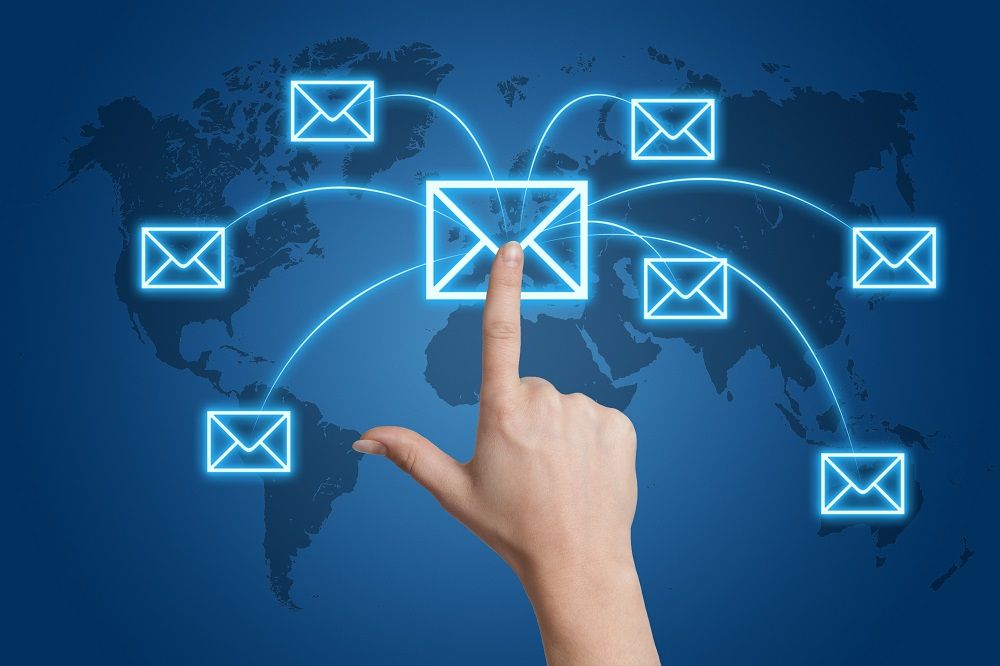Email Etiquette: Tips to Write Emails

In the past two years, the constraints laid down by the COVID-19 pandemic led to a drop in face-to-face meetings and scaled-up virtual meetings. However, the use of email has not deteriorated during the pandemic.
According to a new study by Pathwire, 55% of employees have revealed that the amount of email volume increased during the pandemic. Moreover, the study reveals that more and more brands are adopting email as a marketing tool. With their customers increasingly online, brands believe email marketing will be a potent communication tool in the forthcoming years. In addition, the study also estimates that the click-through rate of emails has increased substantially in the last decade, leading to it becoming one of the most effective promotional tools.
With email proving to be such an essential means of communication, it is imperative to communicate properly. In this article, we will discuss effective email etiquette in the current milieu and provide email writing tips for effective communication with your peers.
What Are Email Etiquettes?
Nowadays, where a meeting is held over a computer application, and business decisions are taking over a text message, it is imperative to understand what email etiquettes are and how they help improve communication.
You should always follow some prerequisites while drafting emails that will ultimately paint you at the highest level of professionalism. These principles are called Email etiquettes. They demonstrate your work ethics and mutual respect for different business entities.
In the next part of the article, we will enlist some common email etiquettes that are followed across various industries.
Tips To Follow While Writing Emails
Email is just more convenient than other forms of business communication. However, there are some rules that you must adhere to while writing an email. So here we enlist those email rules you might have heard repeatedly and could have forgotten.
Proofread, proofread, and proofread
Proofreading after writing an email is vital. It helps spot the error and provides a chance to rectify them. Some common mistakes you can look out for when proofreading are spelling, grammar, your signature, and the context of the message.
Moreover, proofreading helps re-evaluate the documents enclosed, or links attached to the email.
Respond timely
Respond to email in less than 24 hours. And, if you fail to send a response, type, “I’ll get back as soon as I can” or “I’ll get back to you by tomorrow evening.” Responding to the email on time is a golden rule that shows that you respect the sender and appreciates their efforts. Therefore, it is imperative to send timely responses.
Make a professional signature
A professional signature consists of your name, designation, and essential details about your workplace like the institution’s name, address, contact details, etc. Nowadays, all emails have a professional signature that helps the sender get back to you efficiently. Moreover, including a signature is an email etiquette that has gained momentum among candidates applying for a job- because it is a compelling call to action for the hiring manager.
Concentrate on the language
An email is a relaxed form of communication that gains importance by the language used by the user. Using exclamation marks or caps for emphasis is a great way to pique the reader’s attention. However, an excess of anything can shift the focus on the reader. So, be careful while using exclamation marks, caps, or overusing bold in the email.
Focus on the length of message
An email etiquette that leaders commonly follow is to write short emails. This email etiquette helps hold the attention of readers and values their time. You can boost your email hygiene by following these five email etiquette tips. Now that you know the rules of email writing, we will enlist some points to remember while formulating the content of an email; read to know more.
5 Tips For Effective Email Writing
- Use bullet points to make it easy for the reader to comprehend
- Always start your email with a pleasantry. For instance, “I hope you had a great vacation.”
- Don’t write an email when angry or frustrated
- Adopt a positive and professional tone and avoid negative language. You can rephrase sentences to deliver messages in a neutral tone.
Whether you are a business using email as a marketing tool or a leader trying to bind your organization through an email chain, the proper email etiquette can set you apart from others. Moreover, in the modern era, where email marketing is a potent tool, learning how to draft an excellent email is vital. Many professionals seek online help to learn email etiquette. You can also learn about email etiquette and more with Emeritus India’s digital marketing certificate programmes. Our digital marketing courses, in partnership with premium colleges, are believed to help aspirants attract the most paid jobs in India.


